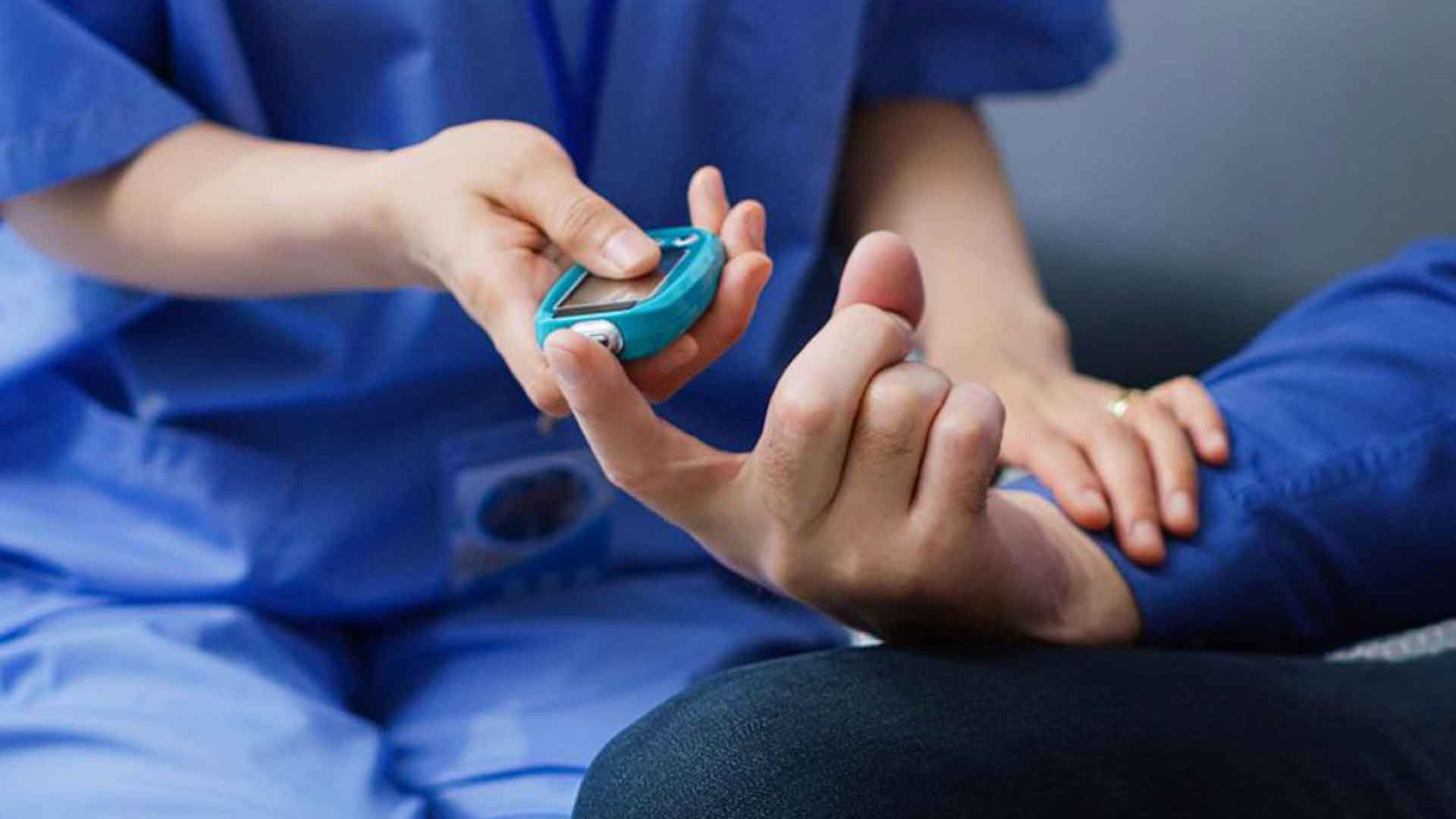Introduction
Having thousands of years of history, Diabetes has become one of the most serious public health problems in Bangladesh covering millions of people. Diabetes has become increasingly common as an outcome of fast urbanization, lifestyle changes and genetic disposition. If left untreated and uncontrolled, the disease poses a significant risk to health, with cardiovascular disease, kidney disease and blindness among potential complications. Combating diabetes requires a multi-pronged approach and it requires governments, institutions, and the communities to participate.
Awareness
Raising awareness of diabetes is important in preventing and managing the condition. Most Bangladeshis are unaware of the diabetes risks causing here late diagnosis and complications. Here are some of the major awareness initiatives:
Public Health Campaigns: The government and NGOs conduct awareness campaigns and information dissemination through television, radios, social media, and print media.
Health Education: Health education programs in schools and workplaces are instructing people about healthy lifestyles and early symptoms of diabetes.
Health Education: Local health workers and NGOs have conducted door-to-door awareness sessions, especially in rural areas where there is a low medical literacy.
Screening Camps Free diabetes screening programs are being conducted to aid in early detection and prevention.
Treatment
Diabetes needs to relive through medicine, lifestyle change and monitoring. Highlights of diabetes management in Bangladesh include:
Medical Facilities:
Diabetes is treated at government hospitals and private clinics, however access to good condition treatment is challenge in rural areas.
Advanced care is offered at specialized facilities such as the Bangladesh Institute of Research and Rehabilitation in Diabetes, Endocrine and Metabolic Disorders (BIRDEM).
Medication and Insulin:
Most patients take oral medications, but insulin treatment is required for Type 1 diabetes and some cases of Type 2.
For low-income populations access to insulin can be a challenge due to excessive costs and availability issues.
Diet and Lifestyle Changes:
Nutritional counselling is encouraged to promote a balanced diet, with a focus on decreasing sugar and processed food consumption.
Gentle exercise like walking and yoga is advisable to help keep diabetes in check.
Alternative and Complementary Therapies:
Bangladesh is known for herbal and traditional medicine practices, yet their role in diabetes management is not fully established.
Awareness campaigns are raising awareness for evidence-based treatment while helping prevent misinformation.
Control Measures
National diabetes control involves suitable policies, adequate health system, and active involvement by the individual. Some of the control strategies are:
Government Initiatives:
To strengthen diabetes prevention and control, the Bangladesh government has launched the National Non-Communicable Disease (NCD) Strategy.
States are working to subsidize healthcare coverage to near the cost to make diabetes care affordable.
Diabetes Registries and Evidence-based Research:
Gathering data on prevalence of diabetes assists planning and policy making.
That is why research institutions are developing cost-effective treatment options for those having diabetes.
Enhancing Healthcare Accessibility:
Telemedicine services help rural people meet specialists remotely.
Mobile health clinics take healthcare to remote communities, guaranteeing timely diagnosis and treatment where traditional access may be lacking.
Sovereign Self Responsibility and Lifestyle Ownership:
Regular blood sugar checks are encouraged in patients.
Diabetes control involves nutrition, exercise, and stress management.
Conclusion
Bangladesh has been facing a substantial challenge due to diabetes but with growing awareness, improved easy and affordable treatment, and necessary control measures with support, this burden of diabetes can be reduced. Key solution to combat this condition, to reduce the effects of diabetes and enable a better quality of life for diabetics requires a joint responsibility between the government, healthcare providers and the public. This is something that the government can promote for Bangladesh, which can also help to get multiple people diagnosed at an early stage, get affordable treatment, and implement lifestyle changes.

